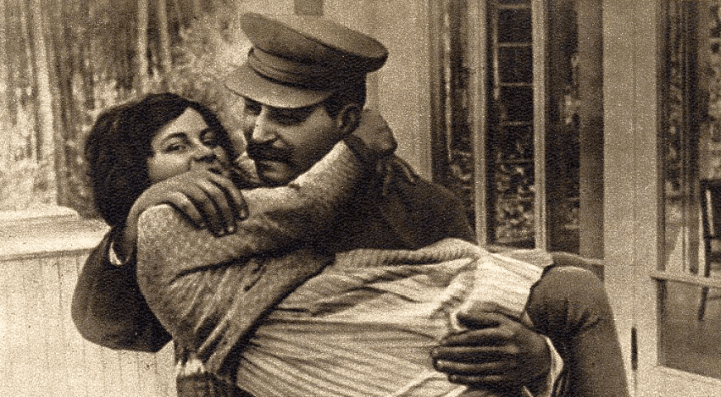Fifty years ago, March 6 marked a major repudiation against the Soviet Union and its former leader, Joseph Stalin.
Stalin’s daughter, Svetlana Alliluyeva, defected to the United States from the communist state on March 6, 1967. Despite being the daughter of an autocrat with near-unlimited power, Svetlana’s family life was marred with tragedy—often caused by her father.





